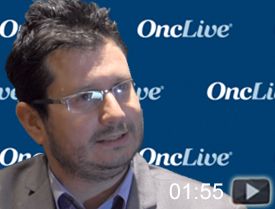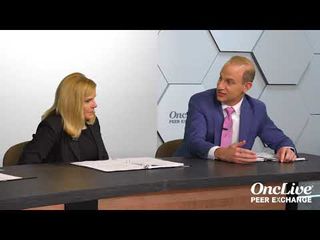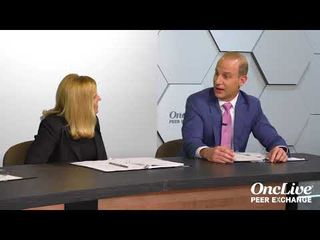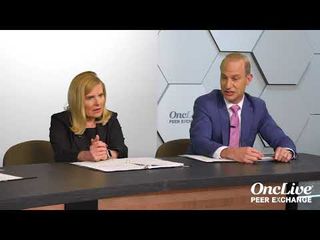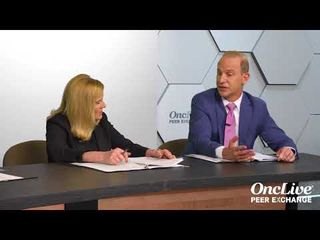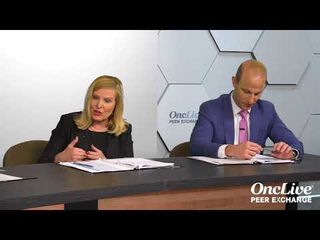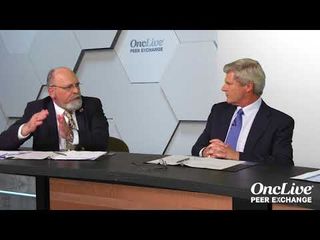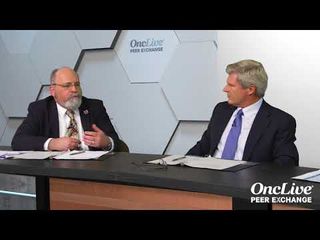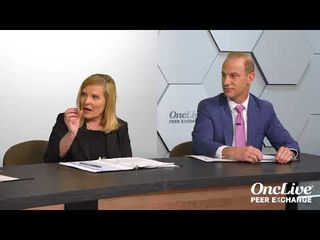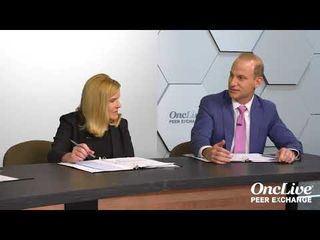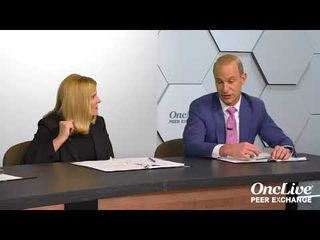
Immuno-Oncology
Latest News
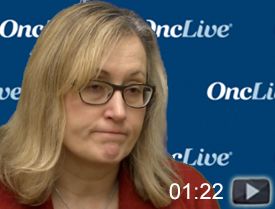
Latest Videos

CME Content
More News
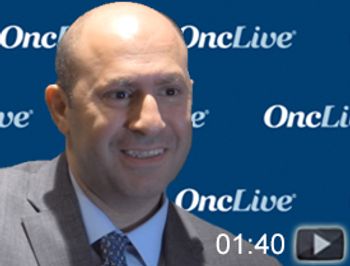
Toni Choueiri, MD, director, Lank Center for Genitourinary Oncology, director, Kidney Cancer Center, Jerome and Nancy Kohlberg Associate Professor of Medicine, Harvard Medical School, Dana-Farber Cancer Institute, discusses next steps for treatment in renal cell carcinoma.

Adham Jurdi, MD, discusses how the updated data from the PACIFIC trial have changed the standard of care for patients with stage III non–small cell lung cancer.

Newer immunotherapy agents are changing traditional strategies for care, resulting in higher levels of collaboration.

Durvalumab alone and in combination with tremelimumab did not improve overall survival versus standard-of-care chemotherapy in patients with recurrent or metastatic head and neck squamous cell carcinoma who progressed after platinum-based chemotherapy.
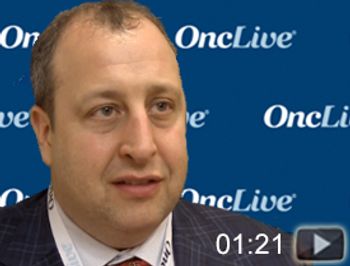
Bradley G. Somer, MD, associate professor of hematology/oncology, head of strategic expansion/development, University of Tennessee West Cancer Center, discusses the potential for immunotherapy combinations in metastatic renal cell carcinoma.

Nisha A. Mohindra, MD, discusses the current treatment landscape, challenges faced in this patient population, and what she believes will be a focus for further research over the next decade.

The FDA has approved atezolizumab for use in combination with bevacizumab, carboplatin, and paclitaxel for the first-line treatment of patients with metastatic nonsquamous non-small cell lung cancer.
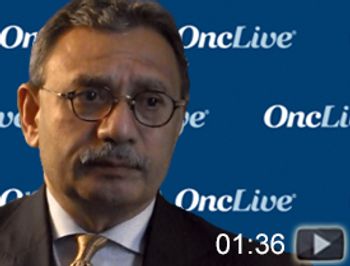
Asim Amin, MD, PhD, director of immunotherapy, Levine Cancer Institute, discusses the rationale for the pivotal CheckMate-214 trial in advanced renal cell carcinoma.
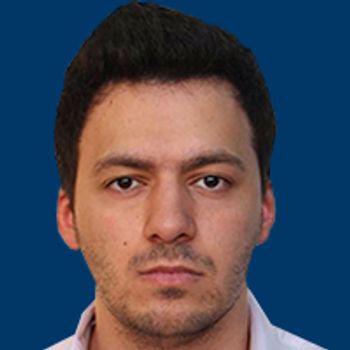
In contrast to the wide array of available therapies in the metastatic setting of renal cell carcinoma, in patients with localized disease, the results of trials investigating adjuvant systemic therapy after nephrectomy have so far been underwhelming.

The FDA has granted a priority review designation to a supplemental biologics license application for atezolizumab for use in combination with carboplatin and etoposide for the frontline treatment of patients with extensive-stage small cell lung cancer.
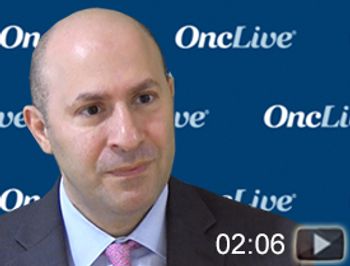
Toni Choueiri, MD, director, Lank Center for Genitourinary Oncology, director, Kidney Cancer Center, Jerome and Nancy Kohlberg Associate Professor of Medicine, Harvard Medical School, Dana-Farber Cancer Institute, discusses frontline trials of immunotherapy in renal cell carcinoma.

Barbara Burtness, MD, professor of medicine, Yale Cancer Center, discusses the benefit of pembrolizumab (Keytruda) as a treatment for patients with recurrent metastatic head and neck squamous cell carcinoma.

In an analysis of patient-reported outcomes of the JAVELIN Merkel 200 trial of avelumab (Bavencio), investigators found that there was a similarity in proportion of responders with metastatic Merkel cell carcinoma based on clinical and patient-reported outcome endpoints.

Julie R. Brahmer, MD, discusses updates on the use of immunotherapy in patients with metastatic non–small cell lung cancer.

An ongoing phase II study evaluating the PD-1 inhibitor cemiplimab in patients with basal cell carcinoma may prove efficacious based on its activity in other advanced malignancies.

Within the last decade, 4 tyrosine kinase inhibitors have been approved for the frontline treatment of patients with EGFR-positive non–small cell lung cancer.

Tumor mutational burden has been shown in studies to predict response to immunotherapies in certain types of cancer and is being validated in clinical trials as a biomarker of response.

Pembrolizumab has emerged as a reliable frontline treatment option for patients with metastatic non–small cell lung cancer, but thoracic oncologists need to be aware of potentially severe immune-related adverse events.
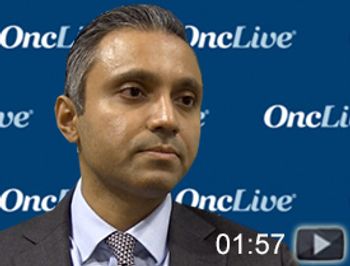
Arjun V. Balar, MD, assistant professor, Department of Medicine, director, Genitourinary Medical Oncology Program, NYU Langone’s Perlmutter Cancer Center, discusses remaining questions with immunotherapy in bladder cancer.
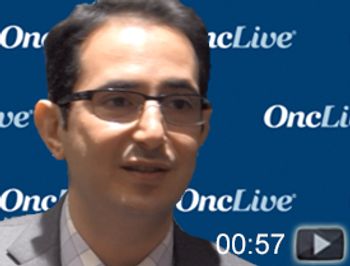
Hussein A. Tawbi, MD, PhD, associate professor, The University of Texas MD Anderson Cancer Center, discusses the promise of checkpoint inhibition in the treatment of melanoma.

Thomas Hensing, MD, discusses the emergence of immunotherapy in the stage III non–small cell lung cancer armamentarium, and questions that must be answered to build on this initial success.
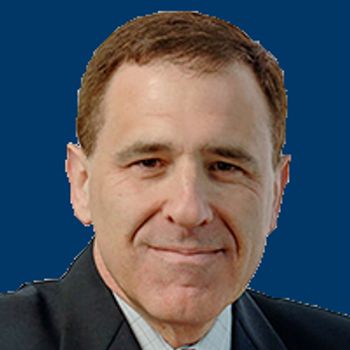
Lawrence E. Feldman, MD, discusses exciting new data surrounding immunotherapy combinations in lung cancer.
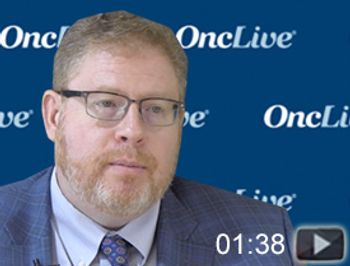
Jonathan E. Rosenberg, MD, medical oncologist, chief, Genitourinary Medical Oncology Service, Memorial Sloan Kettering Cancer Center, discusses challenges in the treatment of patients with metastatic urothelial carcinoma.
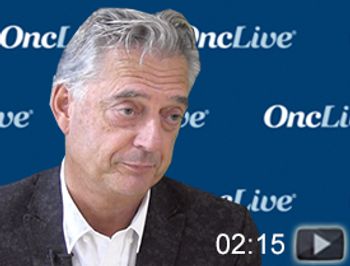
Ronald de Wit, MD, PhD, group leader, Experimental Systematic Therapy of Urogenital Cancers program, Erasmus MC Cancer Institute, Rotterdam, Netherlands, discusses findings with pembrolizumab (Keytruda) in non-muscle invasive bladder cancer.

The frontline combination of durvalumab (Imfinzi) and tremelimumab did not induce a statistically significant improvement in overall survival compared to standard chemotherapy in patients with metastatic non–small cell lung cancer.


